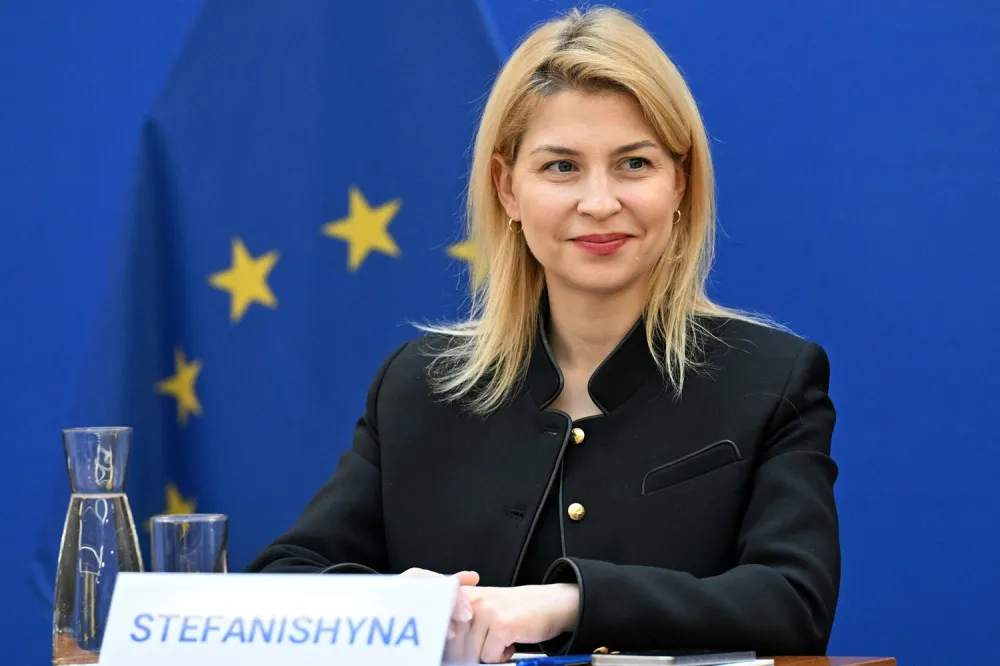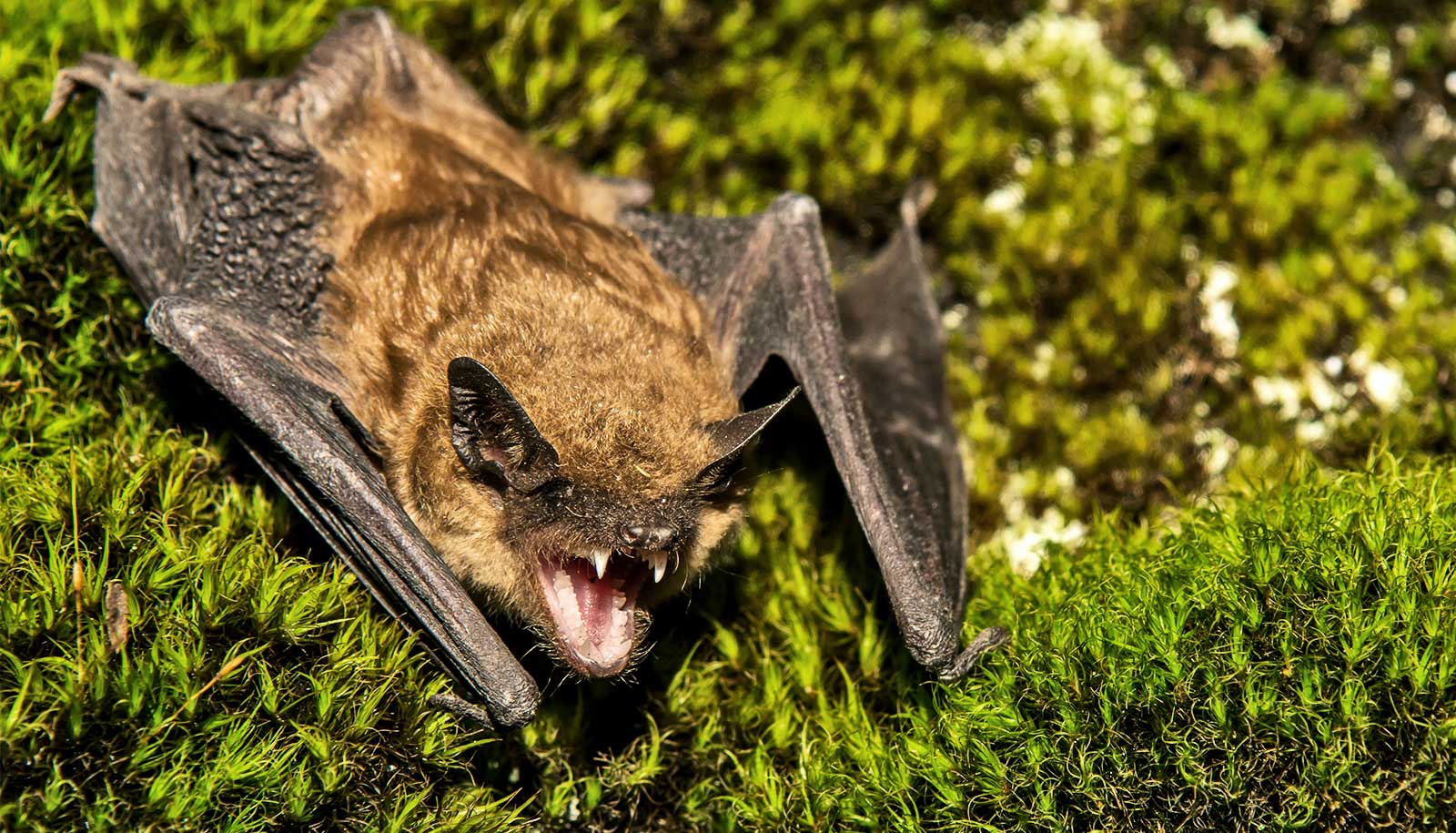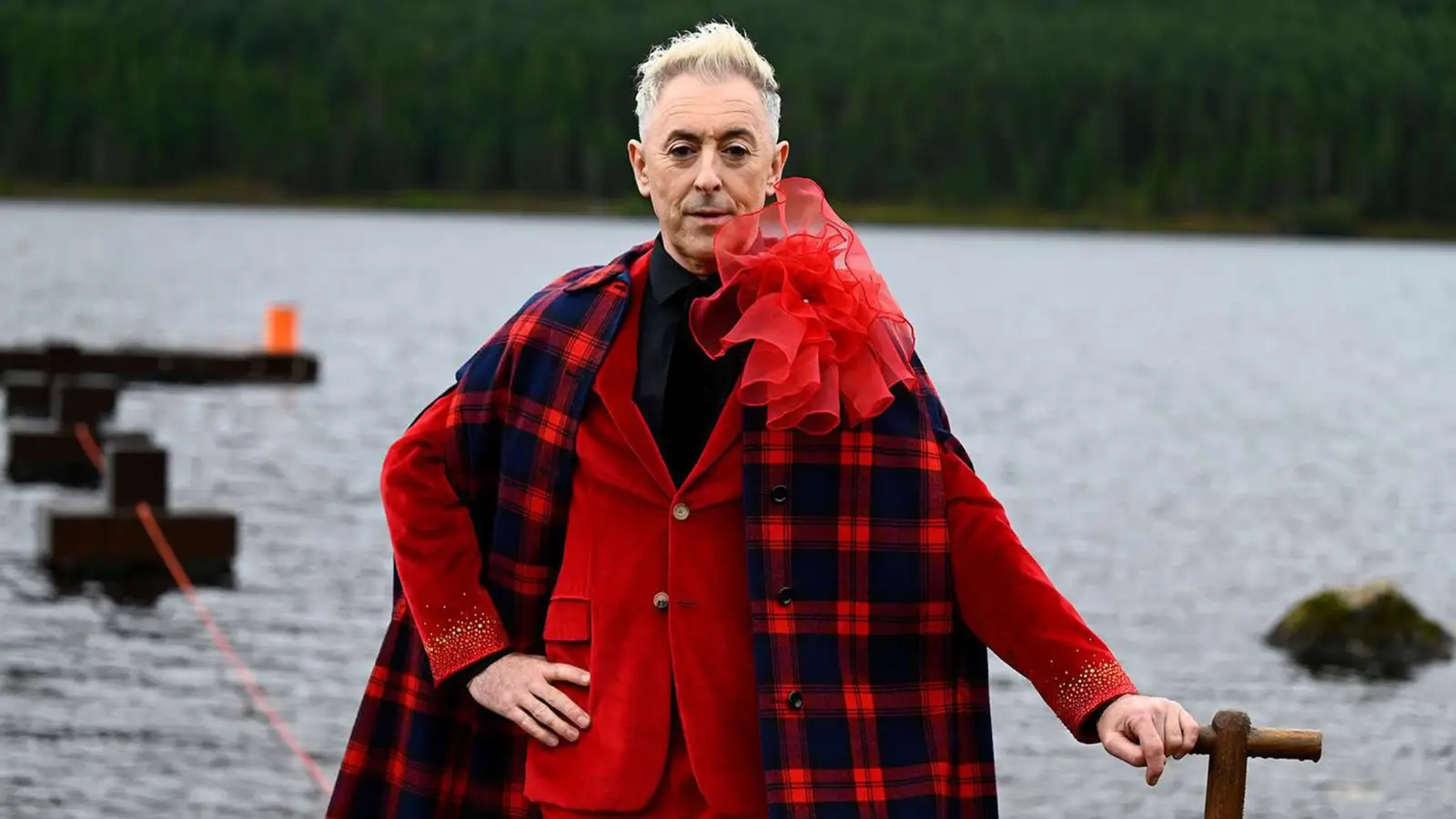Copyright Foreign Policy

Ukraine’s new ambassador to the United States has trouble falling asleep. Olha Stefanishyna, a 40-year-old from Odesa, Ukraine, is kept awake at night by the distant rumble of passenger planes flying above her house in a quiet corner of Washington, D.C. It’s a sound so common that most residents tune it out. But if she was back in Kyiv, the buzz could only mean one thing: an incoming Russian Shahed drone. “I understand that I’m in Washington, but I just can’t [fall asleep]—because I hear a Shahed,” she said in an interview with Foreign Policy at the Ukrainian Embassy. Still, the mental echoes of the war are more of an annoyance, if anything. What really bothers Stefanishyna is falling behind on events in Ukraine. “The most stressful thing is that when I wake up in the morning, I see that it’s already lunchtime in Kyiv,” she said. “I wake up in a very bad mood.” That dose of wartime pragmatism forms part of how Stefanishyna sees her new role, perhaps one of the most important in Ukraine’s diplomatic world as it seeks to secure vital U.S. support and counter Russia’s pressure on the United States to end the war on Moscow’s terms. Ukraine’s relationship with the Trump administration has not been easy. At a heated meeting in February between U.S. President Donald Trump and Ukrainian President Volodymyr Zelensky, Trump chided Zelensky for not being “thankful.” Soon after, the administration briefly paused all aid to Ukraine, including vital military intelligence. The relationship appeared to be gradually improving. In September, the U.S. Defense Department approved the first tranche of weapons to Ukraine under a new system in which U.S. weapons funded by NATO allies are sent to Ukraine. Trump has been full of surprises, though. After abruptly declaring in late September that Ukraine could win back all its territory, he later pressed Zelensky to accept Russia’s demands that Ukraine cede territory in an Oct. 17 meeting that reportedly included swearing and shouting. Stefanishyna, who was present at that October meeting, described it as “intense.” The Ukrainians were hoping to get Trump to agree to provide them with Tomahawk missiles, but they walked away without them. Still, she counted it as a “very good meeting.” Trump ultimately endorsed Ukraine’s position of calling for a cease-fire along the current battle lines and canceled a planned meeting with Russian President Vladimir Putin. “It’s very important that the president of the United States made it clear that the war should be stopped at the existing line,” she said. Stefanishyna also praised Trump’s focus on the war. “It was not always the situation that we had the president of the United States making ending the war in Ukraine a key issue,” she said. While her praise seemed genuine, it fits with the new diplomatic approach that many countries, including Ukraine, are learning to use when working with Trump, who responds well to flattery. Trump has also embraced a more transactional mode of foreign policy, which has prompted countries to look for things that they can offer the United States to curry favor with the president. Stefanishyna, who served as a deputy prime minister and justice minister in Ukraine before taking up the ambassadorship on Aug. 27, comes to her new job having already played a role in one of the more prominent examples of transactionalism: the U.S.-Ukraine critical minerals deal. Trump had initially hoped to get the equivalent of $500 billion in rare earth minerals from Ukraine as payback for the weapons and other assistance that the United States had already sent the country since Russia launched its full-scale invasion in February 2022. The two countries eventually settled on a deal that gives the United States privileged access to Ukraine’s minerals. In September, the United States pledged $75 million to support mining of the minerals. Washington and Kyiv are also negotiating a deal that would give the United States access to Ukraine’s advanced drone technology, as well as an agreement for Ukraine to import U.S. liquefied natural gas. Stefanishyna presented this broad engagement as helping to spread understanding of Ukraine across the U.S. government. For example, Ukraine and the U.S. Energy Department are now cooperating on supplying Ukraine with energy as it faces repeated Russian attacks on energy infrastructure, she said. “In the last three weeks, we had a very intensive discussion on energy—procurement of gas supporting Ukraine [and] backing up Ukraine’s needs in terms of equipment to restore after the missile attacks,” she said. The new weapons transfer system, in which the United States sells weapons to European NATO members for delivery to Ukraine, is also working well, she said. It’s “absolutely effective—it gives predictability to the Ukrainian front line.” Stefanishyna also lauded U.S. sanctions on Rosneft and Lukoil, two of the top oil producers for Russia, which relies on oil for its state budget. That’s not to say there isn’t room for improvement in U.S. support. “There’s definitely room for enhancing” sanctions, Stefanishyna said, such as sanctioning other energy producers in Russia. Sanctions on individuals for human rights violations should also remain under discussion, she added. Stefanishyna declined to comment on whether Ukraine would keep pushing for long-range weapons and which kinds. “I think we’re far from the era when the whole world was tracing the movement of HIMARS [rockets] to Kyiv,” she said. But she acknowledged that the addition of U.S. and European long-range capabilities to that of Ukraine could be a major help in the war. The “combination will definitely give a result,” she said. Despite the progress that Ukraine has made, however, Stefanishyna will likely have to keep making the case for her country to prominent skeptics in the United States and to counter Russian influence. While an increasing number of Republicans favor arming Ukraine, according to a September YouGov poll, some prominent voices continue to question U.S. support. The Russia-Ukraine war is “a regional issue,” U.S. talk show host Tucker Carlson said on Oct. 21. “Why are my children living under the shadow of a nuclear war unleashed to defend Ukraine’s sovereignty?” To argue Ukraine’s case, Stefanishyna said she was “happy to engage with everybody.” That tactic has led her to speak with popular X interviewer Mario Nawfal. “I am Ukrainian, right? I’m not a Democrat or Republican,” she said. Meanwhile, Russia has waged a charm offensive aimed at convincing Trump that the United States should back Moscow’s maximalist aims, including forcing Ukraine to give up currently free territory and radically reducing its military. Among those pushing Russia’s case is Kirill Dmitriev, who has played a lead role in negotiations and recently traveled to the United States to press for acceptance of Russia’s goals. Dmitriev, alongside other prominent Russians, has sought to appeal to the Republican Party by showcasing support for issues favored by Republicans. On his X account, Dmitriev regularly bashes European nations over immigration issues—a popular topic among some U.S. conservatives. But Dmitriev’s friendly approach rings hollow to Stefanishyna, who noted Russia’s immense loss of life. As of June, Russian casualties were reported to be more than 950,000. “They leave a ton of blood in Russia to have a nice dinner in D.C.,” she said. Among the narratives that Russia has sought to spread is one in which it’s protecting Ukraine’s Russian speakers—one of whom is Stefanishyna, whose hometown of Odesa is a traditionally Russian-speaking city that is regularly targeted by Russian missiles. “I’m originally from a Russian-speaking environment,” she said. “The first missiles falling on Ukrainian soil were falling on the Russian-speaking cities.”



